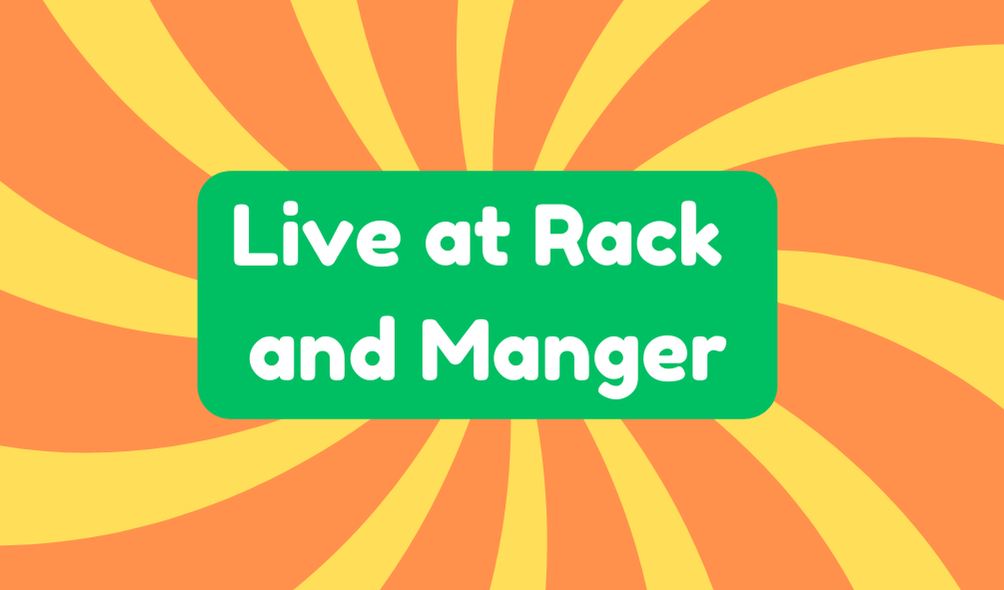The phrase "live at rack and manger" refers to a situation where individuals depend on the resources of others without making contributions themselves. This mindset promotes financial dependency and can hinder personal growth. It's often seen in young adults relying on family support or community resources while avoiding work. Critics argue this behavior reflects a lack of responsibility and ambition. Understanding this concept can help highlight the importance of balancing external support with personal effort. More insights await.
Synonyms
When considering alternatives for the phrase "rack and manger," several synonyms emerge that encapsulate a similar meaning. These options often highlight financial dependency and the consequences of lacking personal responsibility. The following terms paint a vivid picture of this state:
- Freeloader – one who relies on others' resources.
- Dependent – living off someone else's efforts.
- Leech – someone draining support without reciprocation.
- Moocher – an individual who avoids personal contributions.
Each synonym reinforces a critical view of this lifestyle, prompting reflection on innovation, independence, and the importance of fostering personal accountability in achieving true success.
Example of Sentences
Living at rack and manger can often be observed in various aspects of life, where individuals rely heavily on the resources of others without contributing their fair share. This phenomenon presents notable dependency dynamics that challenge notions of personal responsibility. Consider these examples:
- An employee dependent on their manager's resources instead of innovating.
- A retiree cashing in on past glory through endorsements.
- A young adult living off familial support while avoiding work.
- A community member avoiding service while benefiting from shared resources.
Each scenario illustrates a struggle between aspiration and the ease of dependency in a complex social fabric.
Origin
The origins of the phrase "rack and manger" can be traced back to the late 14th century, encapsulating a vivid imagery that speaks to both historical context and modern implications. This term combines "rack," a structure for animal fodder, and "manger," a container for their food, symbolizing reliance on available resources—often with a negative connotation. Understanding its cultural significance reveals a critique of dependency, spotlighting societal attitudes toward personal responsibility. As we navigate contemporary demands, recognizing the importance of self-sufficiency starkly contrasts with the traditions encapsulated in "rack and manger," urging a reevaluation of modern work ethics and ambitions.
Collocations
Dependency often carries a weighty implication, particularly when examining collocations associated with "rack and manger." Common phrases such as "living off others," "financial support," and "relying on resources" reflect a notion that many may casually accept in conversation. These dependency dynamics exemplify reliance on others instead of fostering independence. Consider these examples:
- Relying on family wealth.
- Living off parental support.
- Seeking financial assistance.
- Depending on community resources.
While resource reliance may provide immediate comfort, it often obscures the path to personal responsibility and growth, posing critical questions about ambition versus complacency in today's innovative landscape.
How to Use in Everyday Language
Many people unknowingly use the phrase "rack and manger" in everyday conversations, often without fully grasping its connotations. In casual conversations, individuals might invoke it to describe someone's reliance on the generosity of others. However, this expression reveals an underlying criticism regarding productivity and independence. For instance, discussing an acquaintance who has lived at rack and manger can highlight their lack of personal initiative. Such usage in everyday scenarios serves as a reminder that while community support is valuable, fostering self-sufficiency is essential for true growth. Striking a balance between collaboration and independence remains a challenge for many today.
Why Is It Still Relevant Today?
Why does the concept of living at rack and manger remain relevant in today's society? This notion encapsulates persistent dependency dynamics, where individuals often seek sustenance from others instead of fostering personal productivity. In an age emphasizing innovation and self-sufficiency, reliance on external resources can hinder growth. While some embrace this lifestyle due to comfort or societal pressures, others criticize it for promoting a lack of responsibility. Understanding this concept encourages a hard work ethic, advocating for independence. As society evolves, recognizing the balance between community support and personal effort is essential, making the discussion of living at rack and manger ever pertinent.







